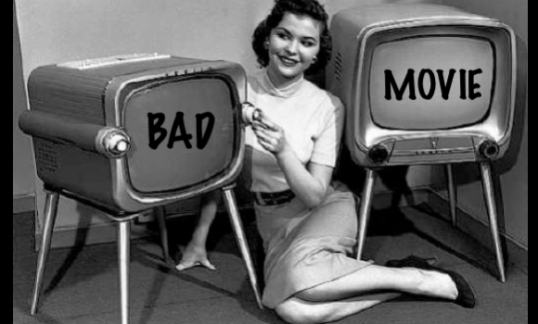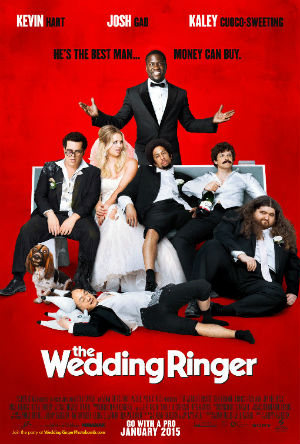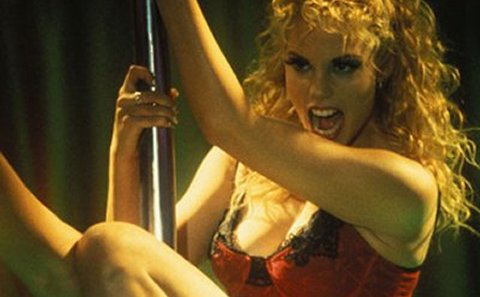In 1942, Hamburg’s Reserve Police Battalion 101 was sent to Poland. This was not the first time that the battalion was sent to Poland and it would not be the last. Under the command of Col. Wilhelm Trapp, Reserve Police Battalion 101 was made up of 500 men who were in their 30s and were considered to be too old to serve in the regular army. Though they were officially assigned to the patrol the streets and keep order in the territories that had recently surrendered to Nazi Germany, their actual assignment was to round up Polish Jews and either send them to the concentration camps or to personally execute them via firing squad.
After the war ended and many (but not all) of the leaders and members of the battalion were put on trial for war crimes, it was noted that the majority of the men in the battalion were well-educated. Before they had joined the battalion, many of them worked in office jobs and few of them had publicly expressed any anti-Semitic opinions. Quite a few members of the battalion had families at home. One of officers actually got married shortly before being sent back to Poland and he even brought his wife along with him so that they could have a working honeymoon. Only a few members of the battalion were members of the Nazi Party and many had joined simply because being a part of the police meant that they wouldn’t have to go to the front lines.
Perhaps the most shocking thing that was discovered was that, before the first massacre was carried out by the battalion, Wilhelm Trapp called the men together and informed them of what their orders were. Reportedly, he had tears streaming down his face as he told the men what they had been told to do. He announced that any man who did not want to take part in the mass killing would not be force to nor would he be punished for refusing to do so. Essentially, Trapp told the men that they could disobey the orders if they chose to do so and that the men who did follow the orders would essentially be volunteering to do so. One man stepped to the side and, when another officer started to yell at him, Trapp ordered the officer to stop. Eventually, 12 of the 500 members of the battalion would decline to take part. The rest of the battalion, including Trapp, followed orders and gunned down 1,500 Jews from the Józefów ghetto. The men who refused to take part were not punished, beyond the casual insults of the other members of the battalion. That these men were allowed to continue to serve without being executed, demoted, or otherwise penalized exposed as a lie one of the major defenses offered up by Nazi war criminals, that they had no choice but to follow orders. In the end, Reserve Police Battalion 101 is estimated to have been responsible for the death of 83,000 Jews.
Wilhelm Trapp and his superior, Otto Ohlendorf, were executed after the trial. Trapp expressed remorse even during the war but he never refused to carry out his orders. Ohlendorf never expressed a moment of sadness, saying that he had done everything for Germany. Many of the other members of the battalion returned to their “normal” lives after the war, returning to the office or continuing to work as cops. In 1964, several of them were put on trial for war crimes but only 5 were convicted and the longest sentence handed out was for eight years..
The German documentary, Ordinary Men, presents a sobering look at the men and the crimes of Reserve Police Battalion 101. It asks a question for which there is no easy answer. If 12 members of the battalion were willing to refuse to take part in the massacres, why couldn’t the rest of them? The members of the battalion who took part in the firing squads reported suffering from nightmares and depression afterward, leading to the officers holding frequent parties in an attempt to keep everyone’s spirts up. But if the killings were so traumatic to the men, why did they continue to participate in them even though they had the option to opt out? Was it peer pressure? Was it a misplaced sense of nationalism? Was it a fanatical hatred of the Jews? Or were some of the men just sociopaths looking for an excuse to kill? Ordinary Men suggests that all of these things were factors, just as it also suggests that, for many of the men, the massacres just became a part of the job. The documentary suggests that the battalion split into three groups. There was the group that loved their work. There was the group who followed orders but tried not to think about what they had done afterwards. And then there were those who opted out and who, at worst, were given latrine duty as a result. And yet even those who opted out did not chose to desert the battalion nor did they reportedly try to save anyone from being executed. They refused to take part but they also didn’t do anything to stop it.
Narrated by Brian Cox and featuring interviews with historians and actual historical footage of the members of the battalion, Ordinary Men is a look at the nature of evil and also an important documentation of what human beings are capable of doing to each other. It’s certainly more than relevant today.














